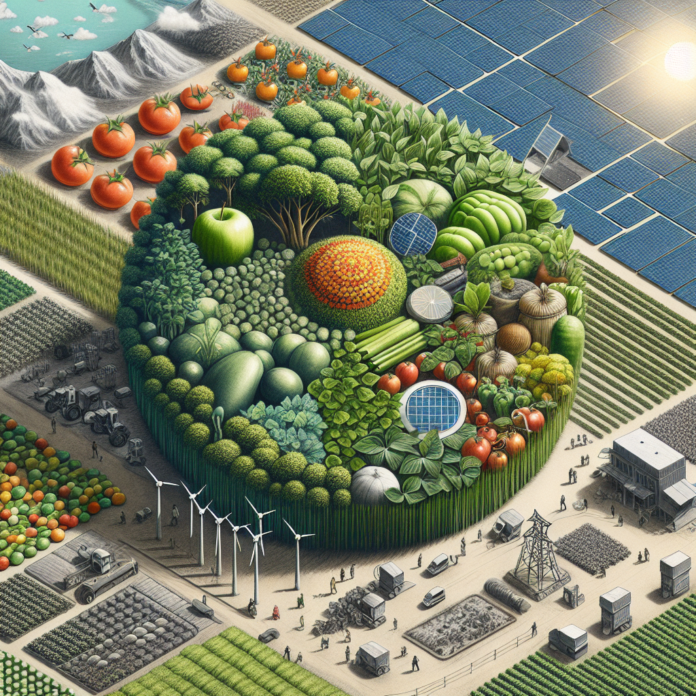India Secures $98 Million Loan from ADB for Horticulture Development and Climate Resilience
India Secures $98 Million Loan from ADB to Enhance Horticulture and Address Climate Challenges
India has officially signed a loan agreement worth $98 million with the Asian Development Bank (ADB) aimed at strengthening the country’s horticulture sector while simultaneously tackling the pressing challenges posed by climate change. This financial support is part of a broader initiative to enhance sustainable agricultural practices and improve the livelihoods of farmers across various regions.
The funds will be allocated towards developing climate-resilient horticultural practices, which include the adoption of advanced technologies, improved irrigation systems, and better access to markets. This initiative is expected to significantly boost the production and quality of fruits and vegetables, thereby increasing the income of horticultural farmers.
Moreover, the project will focus on training farmers in modern farming techniques, enabling them to adapt to changing climatic conditions. It will also emphasize the importance of sustainable practices, such as organic farming and integrated pest management, to ensure long-term agricultural productivity.
This collaboration with the ADB aligns with India’s commitment to enhancing food security and promoting sustainable agricultural practices. By investing in horticulture, the government aims to not only increase agricultural output but also reduce post-harvest losses, which are a significant concern in the sector.
In addition, the project is expected to create job opportunities within rural communities, contributing to overall economic growth. The initiative is part of a larger governmental strategy to combat the adverse effects of climate change on agriculture, which is vital for the country’s economy and the livelihoods of millions of farmers.
As India continues to face challenges such as erratic rainfall patterns and extreme weather events, this loan from ADB represents a critical step toward building a more resilient agricultural framework that can withstand the impacts of climate change while ensuring food security for its growing population.


